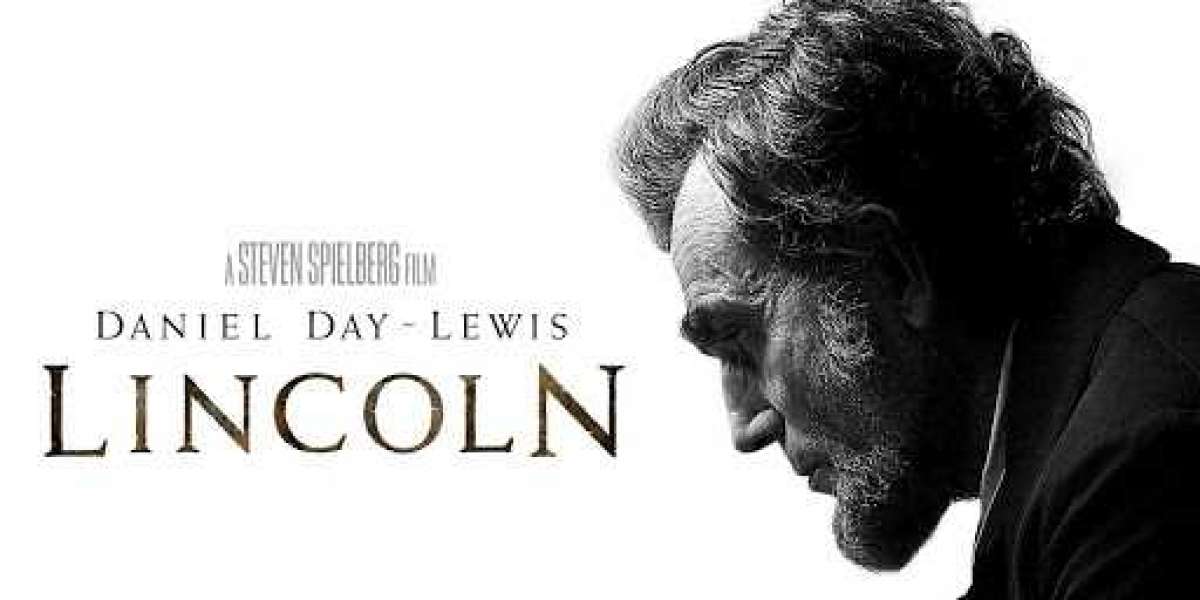The review was conducted by the movie review writing service.
The atmosphere of the cinema made its meaning more sensible and deep. The movie focuses on two critical issues in the American history: Slavery and the 13th Amendment. The movie literally overturns Lincoln’s cinematic portrayals as the 16th President of the US. The movie challenges the popular vision that Lincoln was reluctant in his bid to eradicate slavery. Spielberg creates a movie thriller out of the bill’s passage. The movie depicts politics that were in the center of the Civil War by showing the battles outside the War, the ones happening in the Congress. It is a political movie about a specific crisis in the history of America.
The year is 1865 and Abraham Lincoln (Daniel Day-Lewis) just won the re-election. Signs are clear that the Civil War is going to end really soon as the South seems beleaguered. It is evident in the battle scene at the beginning of the movie. However, before the President can embrace the surrender from the South, he wants to see that the Thirteenth Amendment is passed, outlawing slavery in the whole country at all costs. Lincoln uses the help of William Seward (David Strathairm), who helps him get three political negotiators: Colonel Robert Latham, William N. Bilbo, and Richard Schell (Hawkes, Spader, and Nelson). The duty of the three negotiators is to convince some twenty staunch Democrat opponents to vote in favor of the bill and the Amendment.
The Emancipation Proclamation was issued in 1863; its role was to free the slaves in the US. Nevertheless, Lincoln is not sure that the Supreme Court will honor the provisions of the Proclamation. With the southern states slowly surrendering and re-entering the Congress, the President is almost certain that they will never ratify the 13th Amendment. If the War had ended before the passing of the Amendment, the Southerners would have reclaimed their slaves. The Congress thus must pass the Amendment before the end of the Civil War. Although Lincoln enjoys the full support of the Republicans, the House of Representatives is divided into two groups. The Radical Representatives demand complete equality for the Blacks and want to see the South punished. The Conservative Republicans, on the other hand, do not accept the idea of full equality for the Negroes.
The movie highlights the craftiness and political geniality of Abraham Lincoln that led to the passage of the 13th Amendment. The movie portrays Lincoln as an ardent opponent of slavery. It depicts Lincoln as the President who is ready to use war powers that grant him much authority, stop at nothing in his quest in order to see the passage of the 13th Amendment. Lincoln is direct and precise as to what he wants. At one time, in a meeting with his cabinet, the President raises his hands and slams them down on the table, later giving a clear elaboration of the constitutional issues driving his push for the Amendment. The second instance is when the voting ends and Lincoln is two votes short. He tells his allies that the time is now; they must act to outlaw slavery forever. Here, he stands in a rage and talks of his formidable power. Lincoln shouts, “I am the president of the United States, clothed in immense power, and you will procure me these votes!”
The movie shows that, in politics, good speeches are not enough to make the President; he or she must toughen up and get dirty. The President has to use all that is at his/ her command, especially immense power. Abraham Lincoln was a noble, eloquent, and respected speaker, but this was not enough to get the votes that he required. The message is clear - to pass policies through the Congress; the President must be manipulative and crafty.
Work Cited
Lincoln. Dir. Spielberg S. Perf. Daniel Day-Lewis, Sally Field, David Strathairn, Joseph Gordon-Levitt, James Spader, Hal Holbrook, and Tommy Lee Jones. DreamWorks Studios, 2012. Film.








